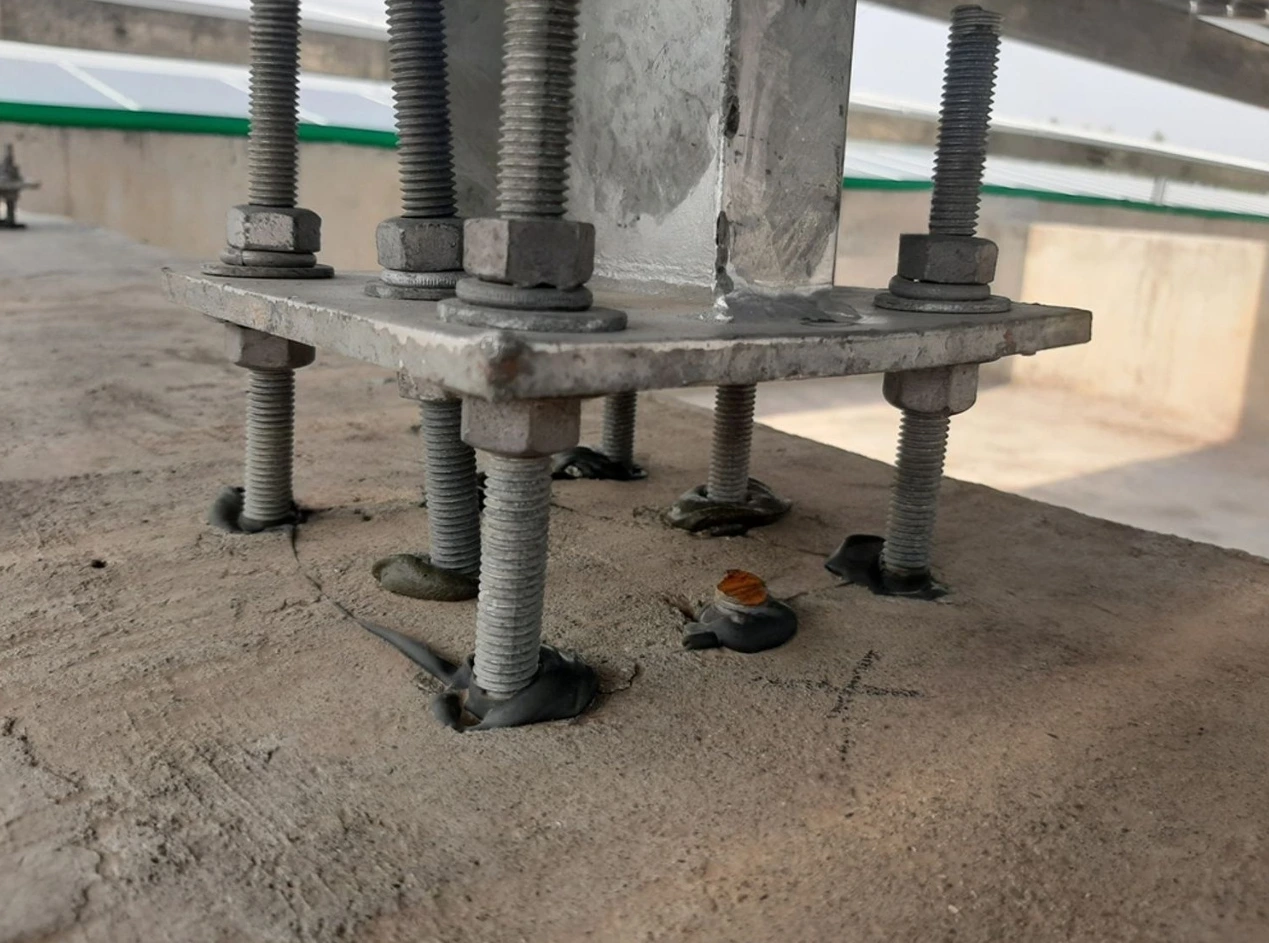
Anchoring epoxy is a high-strength adhesive used in construction, industrial applications, and DIY projects to secure bolts, rods, and other structural elements into concrete, masonry, or rock. This specialized adhesive is designed to provide exceptional bonding strength, ensuring long-lasting and reliable structural support. In this article, we will explore the fundamentals of anchoring epoxy work, including its uses, benefits, application techniques, and best practices.
Anchoring epoxy is a two-component resin-based adhesive that is commonly used to secure anchors, bolts, and rebar into pre-drilled holes. It is designed to resist heavy loads, vibrations, and environmental factors, making it a preferred choice over mechanical anchors in various construction applications. The two components—resin and hardener—must be mixed in the correct proportions to achieve the desired strength and durability.
Anchoring epoxy is widely used in different industries and applications, including:
Construction and Structural Reinforcement
Installing steel reinforcement bars (rebar) in concrete structures
Securing foundation bolts for heavy machinery
Fixing handrails, fences, and safety barriers
Infrastructure and Bridge Repairs
Strengthening bridges and roadways by anchoring steel elements
Repairing damaged concrete surfaces and cracks
Industrial Applications
Mounting heavy-duty equipment and machinery
Securing metal structures in warehouses and factories
DIY and Home Improvement
Attaching brackets, shelving units, and decorative elements
Fixing loose or damaged fixtures in masonry walls

Anchoring epoxy offers several advantages over traditional mechanical anchors, including:
High Load-Bearing Capacity – Epoxy provides superior strength and can handle heavy loads without failure.
Corrosion Resistance – Unlike mechanical anchors, epoxy prevents rust and deterioration caused by moisture and chemicals.
Versatility – It adheres well to a variety of surfaces, including concrete, brick, stone, and metal.
Shock and Vibration Resistance – The adhesive can absorb impact and vibrations, making it ideal for high-stress applications.
Long-Term Durability – Epoxy anchoring systems last longer than traditional anchors, reducing maintenance costs.
There are several types of anchoring epoxy formulations available in the market, including:
Provides higher strength and durability
Ideal for applications requiring extended working time
Cures quickly, reducing downtime
Suitable for emergency repairs and quick installations
Designed for extreme temperature environments
Ideal for industrial and outdoor applications
Protects against harsh chemicals and acids
Used in chemical plants and laboratories

Your trusted partner in waterproofing, Industrial, Commercial, Residential Flooring, Construction Chemical Supply & Applications Company.
© 2025 New vision Solution. All rights reserved. Developed By Lumen SoftTech Limited